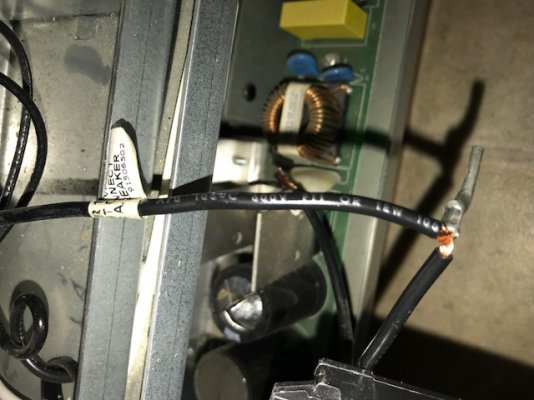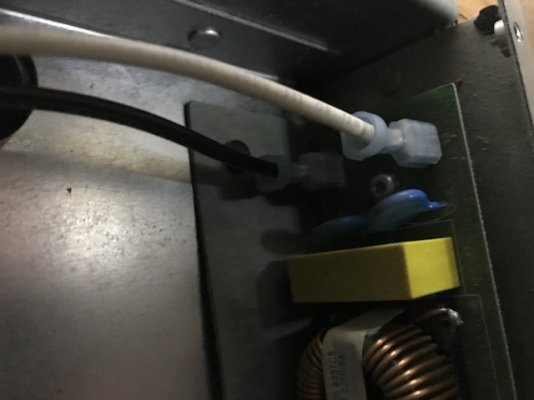Hi All,
I recently had a 30 amp outlet installed at my house. I plugged my trailer into it and it tripped the breaker as well as one breaker in the trailer. I googled the issue and took some steps listed around the world wide web. I was able to isolate the problem to a single 15 amp breaker. With that breaker off I can plug into the garage and all is fine but the breaker in the trailer trips every time I try to reset it. It is different from the other breakers in that it has two wires that are connected together. I cannot read the writing on the label. It looks like it could say load/recept. I took recept to be receptacles and sure enough there are three that don't work. I'm not sure what else is powered by this breaker. I've tested the other outlets, refrigerator, AC, furnace and the charging to the batteries. It is all working so I'm stumped.
Any thoughts or opinions?
Thanks,
Mark
I recently had a 30 amp outlet installed at my house. I plugged my trailer into it and it tripped the breaker as well as one breaker in the trailer. I googled the issue and took some steps listed around the world wide web. I was able to isolate the problem to a single 15 amp breaker. With that breaker off I can plug into the garage and all is fine but the breaker in the trailer trips every time I try to reset it. It is different from the other breakers in that it has two wires that are connected together. I cannot read the writing on the label. It looks like it could say load/recept. I took recept to be receptacles and sure enough there are three that don't work. I'm not sure what else is powered by this breaker. I've tested the other outlets, refrigerator, AC, furnace and the charging to the batteries. It is all working so I'm stumped.
Any thoughts or opinions?
Thanks,
Mark


